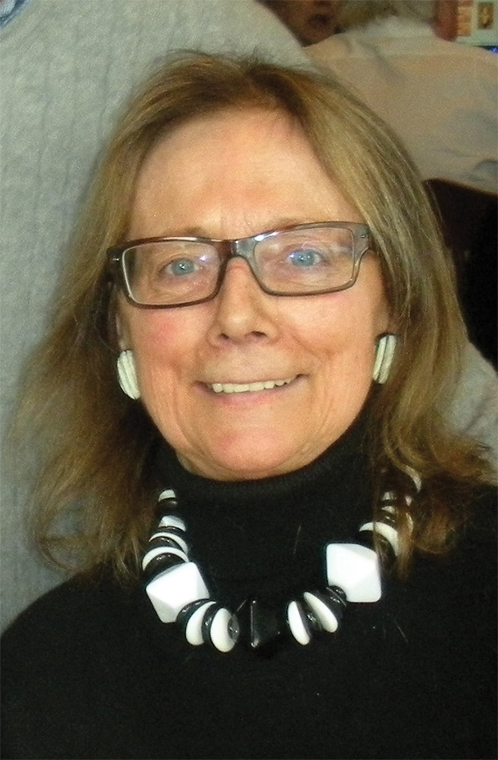Notable Native: Krista Reynen
Krista Reynen
February 24, 2014
At 10 years old, Krista Reynen lived in Belgium and came across an article about former President John F. Kennedy. His policies inspired her, and from that moment on she knew she wanted to immigrate to the United States. At 19 years old, she left her family and ventured to the States on her own, a decision she said looking back now was both scary and brave.
Upon arriving in the U.S., she moved to Hawaii, where she spent several years “bumming around” before attending the University of Hawaii at Hilo to major in American studies. After, she earned a graduate degree from Purdue University and attended Smith College in Massachusetts.
Reynen, a Chicago archivist who operates her own company, has been living in the city since 1989 and spends her days digging up family histories. Reynen spoke with The Chronicle about living in Chicago, uncovering history and paving the way for future female historians.
THE CHRONICLE: Why did you decide to become an archivist?
KRISTA REYNEN: I was not a business person and I wasn’t a math person. I was interested in America, so that is what I ended up with. I don’t have a plan. I never had a plan. I just took advantage of the opportunities that came my way. There are people that have designs for life. That’s not me. I just kind of roll into everything. I was one of the first women [in my field]. I went to school, [and] I went to graduate school, so when I applied for a fellowship, I almost always got it.
CC: What was it like being one of the first women in your field?
KB: Now that I think back, it was not fun. Some of the guys didn’t take me seriously. Some of the guys took me too seriously. Some thought, ‘You’re just a brainy blonde and you’re not fun.’ So it’s not exactly sexy.
CC: What do you think of Chicago?
KB: It’s American, but it’s also very European. It’s very comfortable here. The size is not so big that you get lost. New York is so big and [has] so many people. You don’t have that feeling in Chicago.
CC: How would you describe what you do?
KB: I think of myself as a little bit of a plumber. I think when people see a plumber, they expect him to fix it right away, [but] then he says, ‘I can’t just do the faucet. I’ve got to do the pipe.’ So when I say I can’t just do the faucet, [I’ve] got to do the pipe first, that’s usually when things get a little hairy. So yeah, I think of myself as a plumber. Several of my clients have become friends because you’re doing it [for] so long and you’re learning so much about the family.
CC: What interests you about studying other people’s histories?
KR: I am interested in biographies and people’s lives, and I’m pretty darn good at it, if I say so myself. You never know when you have an assignment. You start out with somebody [and] you have no idea what’s coming. One of the first questions I usually ask is, ‘Do you want me to give you everything that I find, even if it’s bad?’ Some people don’t want to know and most of the time it’s not pretty because immigrants lived a life that you and I cannot imagine. It was about survival. Most of them have some kind of past.
CC: Do people come to you because they are curious?
KR: I think people are curious. It’s usually people that are a little bit older that heard rumors … the stuff we have at the moment in terms of databases and tools makes it a lot easier. I just had somebody ask me if I wanted to do some work about the [Great] Chicago Fire and I told him, ‘Read a few books first before you come to me,’ because I don’t think he [did]. There is no substitute for books and there is no substitute for libraries, but what I do is connect the dots and I have the patience. It’s time consuming. It’s very rewarding because most people are very grateful you’ve solved something that has been in the family for a long time.








